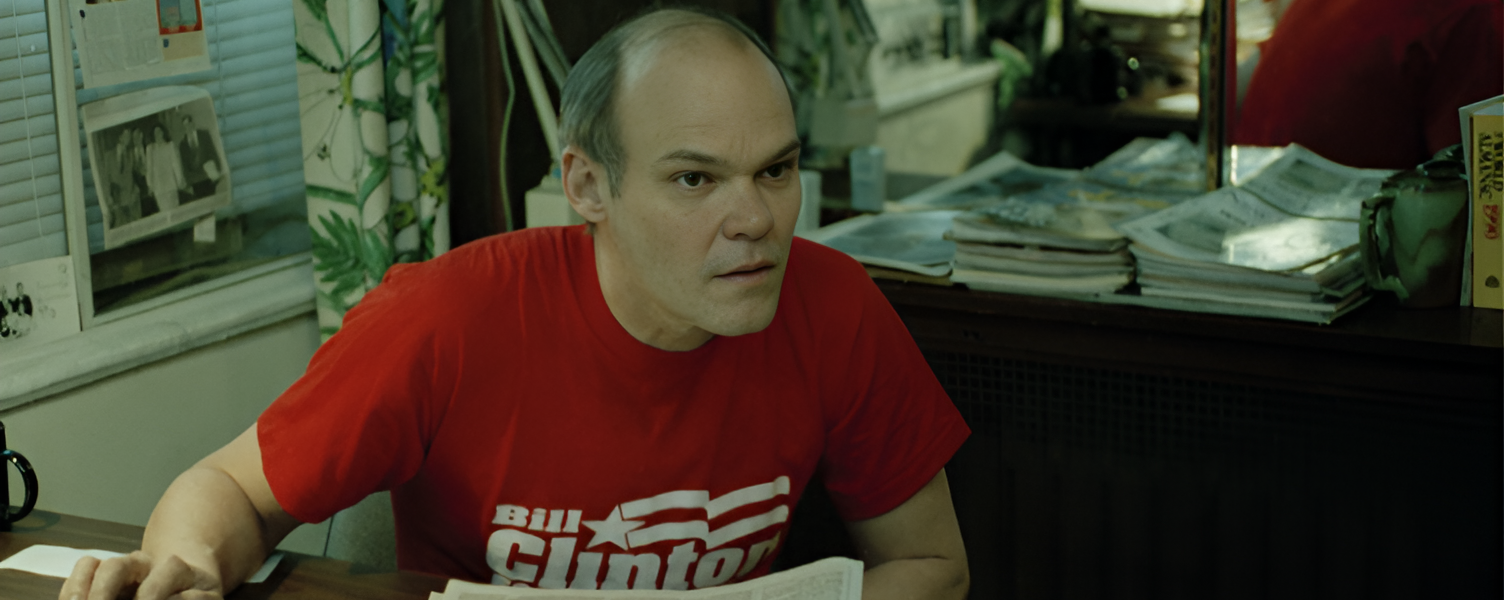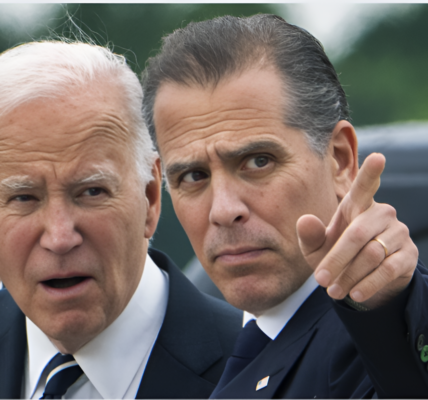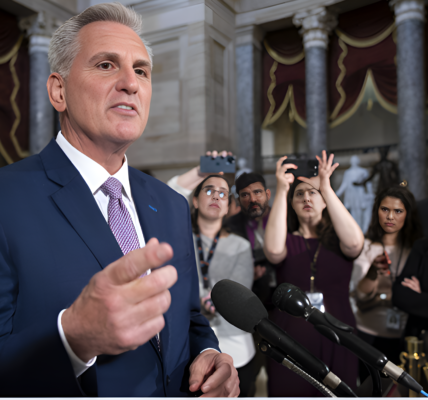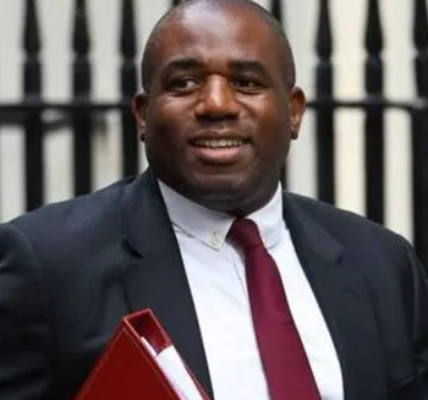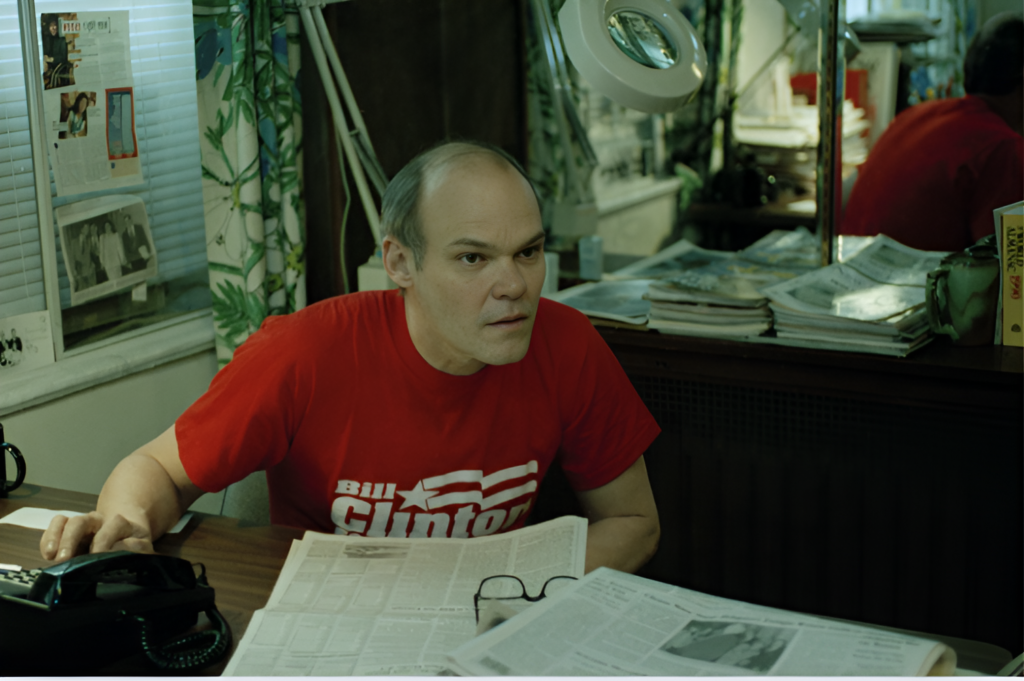
James Carville, often seen sporting his signature pink USMC hoodie, seems more jittery than usual as he waits in the lobby of an opera house in Telluride, Colorado. The event: the premiere of a documentary about his political career, marriage, and his long-standing efforts to push his party’s incumbent president off the ballot.
“It’s the end of August, and this is the Telluride Film Festival,” he notes, leaning into his familiar, clipped speech. Despite the festival’s glamorous reputation, Carville knows the film’s central theme—the decision by President Joe Biden to step aside from the campaign—will be a defining moment. “But I hope that doesn’t distract from the larger message,” Carville adds. “Great, wonderful, I was right. But it’s not really the point.”
As Carville nears his 80th birthday, the documentary, Carville: Winning is Everything, Stupid, which debuts on CNN, is a fitting tribute to the man who made political strategy a high-profile profession. The film stands as both a personal testament to Carville’s colorful career and a love letter to politics, aiming to inspire future generations. “I want young people to see this and say: ‘Damn, that’s a fun way to make a living,’” Carville says.
The documentary is a bookend to The War Room, the 1993 film that captured Carville’s energy at the helm of Bill Clinton’s 1992 presidential campaign. Where that documentary focused on the high-octane world of a presidential race, the new film offers a more intimate portrait, showcasing the day-to-day life of a political consultant, now in his seventies. It shows Carville working the phone, appearing on cable news, and navigating Zoom meetings from his New Orleans condo, always accompanied by his distinctive no-nonsense attitude.
Despite his fame, what sets Carville apart is his longevity. Even more than three decades after his signature 1992 victory, he remains a prominent figure in American politics. What’s perhaps most extraordinary is his political cross-over appeal: no longer just the face of one party, Carville has transcended partisan boundaries, becoming as iconic as a Manning brother, now representing the sport of politics itself.
Yet Carville’s fame is no accident. His sharp, unapologetic wit, his self-aware reflections, and his ever-present New Orleans pride have made him a beloved figure, especially among younger political professionals. At a time when politics feels more divisive than ever, Carville’s frequent television appearances, adorned in his signature purple, green, and gold, have become oddly unifying—at least outside the MAGA circles.
Carville’s rise to prominence, as well as his relationship with his wife, Mary Matalin, are central to the documentary. Matalin, a former advisor to George H.W. Bush and Dick Cheney, plays a pivotal role in the narrative, her candid reflections adding depth to the film. She doesn’t shy away from the complexities of their public and private lives, even expressing misgivings about how the couple made their fame and fortune from their political differences.
“I’m happy both of us were able to work when we did, in the golden age,” Matalin says, looking back at their marriage and careers. The film delves into their occasional friction, from Carville’s reluctance to support her decision to work in the White House to their differing views on how to navigate their political paths in an increasingly polarized climate.
This raw, unvarnished honesty gives the documentary a unique flavor, setting it apart from standard political hagiographies. Matalin’s bluntness and Carville’s bluntness—especially about each other—bring authenticity to their onscreen partnership, offering a look at a marriage that has endured not just the rigors of high-profile careers but the ups and downs of national political campaigns.
Even the film’s production came with its own twist. Director Matt Tyrnauer recounts how Carville, not unlike the political figure he portrays, was unpredictable to the end. The film was locked in late June, but on the night of Biden’s first reelection debate, Carville called Tyrnauer, saying he was “listening to country music” after “taking two gummies.” Tyrnauer, sensing that the political scene had shifted, took this as a cue to recut parts of the film.
The film explores Carville’s deepening frustration with Biden as the 2024 election season unfolded, highlighting a moment when Carville’s once-respected career seemed to align more with an elder generation of Democrats—the same critics he once despised.
Carville’s determination, however, remains unshaken. Despite becoming a fixture of political commentary, he has never lost his drive to shape the party and its future. The film captures this tension, even as Carville reflects on his own evolving place in the Democratic Party.
Carville’s early days, filled with financial hardship and professional failures, are also a crucial part of the story. He describes his struggle to even afford the trip to interview for his first big campaign job in 1986. “You don’t understand, to get a ticket, you’ve got to send me the money to get the ticket to go to Philadelphia,” Carville recalls.
Now, a seasoned veteran of the political scene, Carville is still working hard, albeit in a different capacity. Though too old to run campaigns himself, his advice and insights remain invaluable. In the documentary’s opening scene, we see Carville striding briskly through hotel halls in a bid to stay in shape. “Here the elderly are treated with respect,” he quips about his beloved New Orleans, a place that has become the backdrop to his long career.
As the premiere wraps up in Telluride, Carville, his usual nerves gone, reflects on the film. “It’s the most flattering thing you can imagine: Matt got Mary and I, he got the whole city,” Carville says, before adding with a grin, “Let’s go back to the hotel and get a drink.”
In the end, Carville: Winning is Everything, Stupid serves not just as a portrait of a political icon, but as a testament to the evolution of modern political strategy, and the man who helped shape it.

